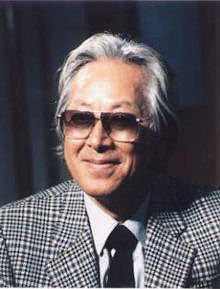 W
WKinji Fukasaku was a Japanese film director and screenwriter who rose to prominence with a series of yakuza films. He directed the Japanese portion of the Hollywood war film Tora! Tora! Tora! (1970), yakuza films including Battles Without Honor and Humanity (1973), samurai period pieces such as Shogun's Samurai (1978), the space opera Message from Space (1978), the fantasy film Samurai Reincarnation (1981), and his final film Battle Royale (2000). He used a cinema verite-inspired shaky camera technique in many of his films from the early 1970s.
 W
WShōhei Imamura was a Japanese film director. His main interest as a filmmaker lay in the depiction of the lower strata of Japanese society. A key figure in the Japanese New Wave, who continued working into the 21st century, Imamura is the only director from Japan to win two Palme d'Or awards.
 W
WJuzo Itami , born Yoshihiro Ikeuchi , was a Japanese actor, screenwriter and film director. He directed eleven films, all of which he wrote himself.
 W
WDaisaku Kimura is a Japanese film director and cinematographer.
 W
WYoshitarō Nomura was a prolific Japanese film director, film producer, and screenwriter. His first accredited film, Pigeon , was released in 1953; his last, Kikenna Onna-tachi , in 1985. He has received several awards during his career, including the Japanese Academy Award for "Best Director" for his 1978 film The Demon.
 W
WKōhei Oguri is a Japanese film director and screenwriter.
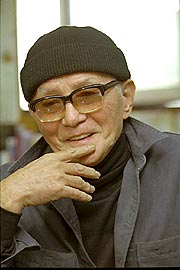 W
WKihachi Okamoto was a Japanese film director who worked in several different genres.
 W
WJunji Sakamoto is a Japanese film director.
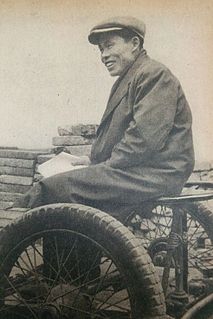 W
WKaneto Shindo was a Japanese film director, screenwriter, film producer, and author, who directed 48 films and wrote scripts for 238. His best known films as a director include Children of Hiroshima, The Naked Island, Onibaba, Kuroneko and A Last Note. His screenplays were filmed by directors such as Kenji Mizoguchi, Kōzaburō Yoshimura, Kon Ichikawa, Keisuke Kinoshita, Seijun Suzuki, and Tadashi Imai.
 W
WMasayuki Suo is a Japanese film director. He is best known for his two Japan Academy Prize-winning films, 1992's Sumo Do, Sumo Don't and 1996's Shall We Dance?.
 W
WSeijun Suzuki , born Seitaro Suzuki , was a Japanese filmmaker, actor, and screenwriter. His films are known for their jarring visual style, irreverent humour, nihilistic cool and entertainment-over-logic sensibility. He made 40 predominately B-movies for the Nikkatsu Company between 1956 and 1967, working most prolifically in the yakuza genre. His increasingly surreal style began to draw the ire of the studio in 1963 and culminated in his ultimate dismissal for what is now regarded as his magnum opus, Branded to Kill (1967), starring notable collaborator Joe Shishido. Suzuki successfully sued the studio for wrongful dismissal, but he was blacklisted for 10 years after that. As an independent filmmaker, he won critical acclaim and a Japanese Academy Award for his Taishō Trilogy, Zigeunerweisen (1980), Kagero-za (1981) and Yumeji (1991).
 W
WYoji Yamada is a Japanese film director best known for his Otoko wa Tsurai yo series of films and his Samurai Trilogy.
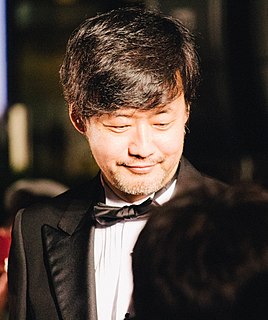 W
WTakashi Yamazaki is a Japanese film director, screenwriter and visual effects director. He won the Best Director and Best Screenplay prizes at the Japanese Academy Awards in 2006 for Always: Sunset on Third Street. He is a member of the animation and film visual effects studio Shirogumi.
 W
WDaihachi Yoshida is a Japanese film director. He won the award for best new director at the 29th Yokohama Film Festival for Funuke Show Some Love, You Losers!.
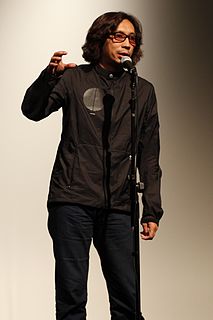 W
WIsao Yukisada is a Japanese film director from Kumamoto. He served as assistant director on Shunji Iwai's Love Letter, April Story, and Swallowtail Butterfly.